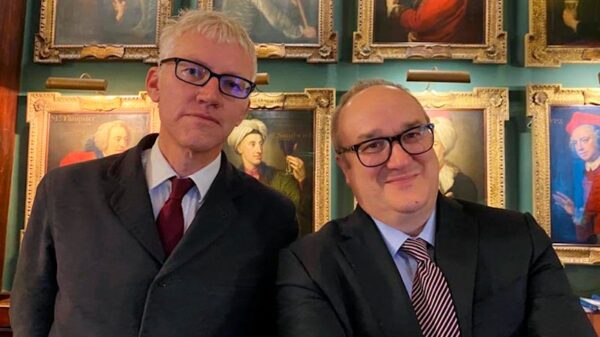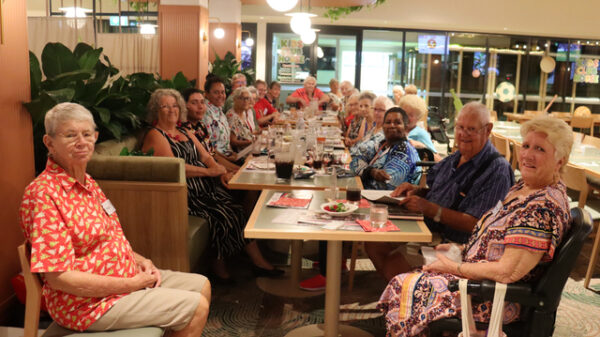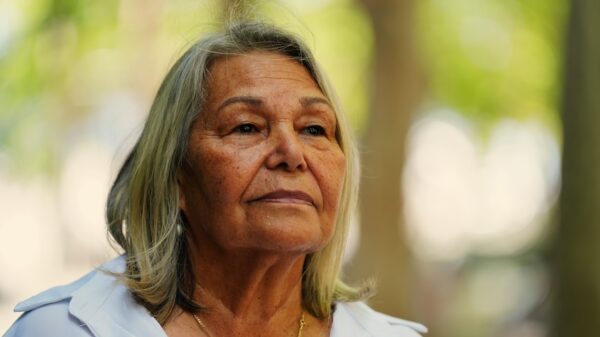Online game marketplaces itch.io and Valve’s Steam have recently removed or delisted over 20,000 games, a decision influenced by the non-profit organization Collective Shout. The group pressured payment processors to alter their policies regarding content, claiming to target games that depict sensitive themes such as rape and incest. However, this move has disproportionately affected many LGBTQIA+ creators whose works often explore themes of identity and sexuality.
The recent censorship marks a significant shift in how content is regulated on these platforms. Historically, such decisions have been driven by government mandates, but this instance appears to stem from private pressure exerted on payment processors rather than regulatory bodies. The repercussions have led to a broad sweep of titles, with itch.io reportedly delisting a substantial number of games while Steam removed hundreds more.
Impact on LGBTQIA+ Creators
For many creators, particularly those from the LGBTQIA+ community, game development serves as a vital outlet for personal expression and storytelling. The tools available today enable both major studios and independent developers to produce games at a remarkable pace. This environment has allowed LGBTQIA+ individuals to share their narratives, often touching on complex themes related to relationships, identity, and bodily autonomy.
One game still accessible on itch.io is Secret Little Haven, which offers players a glimpse into the life of a transgender woman through a simulated 90s computer interface. This game exemplifies the kind of personal storytelling that many LGBTQIA+ creators strive to share.
The community aspect of platforms like itch.io has fostered a supportive environment for marginalized voices. With its user-friendly layout and commitment to inclusivity, itch.io has built a reputation within the LGBTQIA+ community. In contrast, Steam has emerged as a dominant player in the gaming industry, generating an estimated US$5 billion in revenue in 2024, yet maintaining more stringent content guidelines.
New Censorship Landscape
Traditionally, online platforms have censored content primarily to comply with legal standards or governmental regulations. Recent events, however, highlight a shift where payment processors now dictate what content is accessible. This change has global implications, as it reflects the power of private entities to influence creative expression.
Following years of lobbying by Collective Shout to remove objectionable games, the organization shifted its focus to payment processors like PayPal, Visa, and Mastercard. On July 11, 2023, the group released an open letter criticizing online game storefronts, which was followed by a coordinated email campaign. By July 16, Steam had updated its policies to allow payment processors to enforce their own content rules, leading to the removal of certain titles. itch.io followed suit, hiding all “not safe for work” (NSFW) titles from search results by July 23.
The broad application of these new guidelines has had a particularly negative impact on LGBTQIA+ creators whose works often deal with themes involving sexuality, identity, and relationships. Many creators had taken steps to label their games as NSFW to alert potential players to sensitive content.
As itch.io works to mitigate the damage by seeking alternative payment processors and relisting content that does not require payment, the situation has prompted a backlash from the gaming community. An online petition demanding that payment processors reconsider their censorship policies has garnered over 200,000 signatures.
The erasure of LGBTQIA+ voices from online platforms poses a significant threat to community and self-expression. Creators like Ohnoproblems, who developed the game SABBAT, which delves into themes of body change and personal empowerment, may find their works obscured, even if they remain accessible through direct links.
Furthermore, Grunge, an award-winning game that explores queer love and self-discovery, was also caught in the purge despite not containing explicit content related to rape or incest.
The future of game distribution and content access hinges on ongoing discussions around censorship and community representation. As the gaming landscape evolves, it is critical that dialogues regarding media access include diverse voices, particularly those from marginalized communities.
The gaming industry has made strides toward increasing visibility and representation for LGBTQIA+ individuals. However, the recent wave of censorship underscores the need for vigilance in protecting creative freedom.
No comments were received from Valve, itch.io, Mastercard, or Visa regarding the recent developments.
As conversations about censorship and content creation continue, it is essential for the industry to prioritize inclusivity and ensure that all creators have the opportunity to share their stories without fear of erasure.





























































